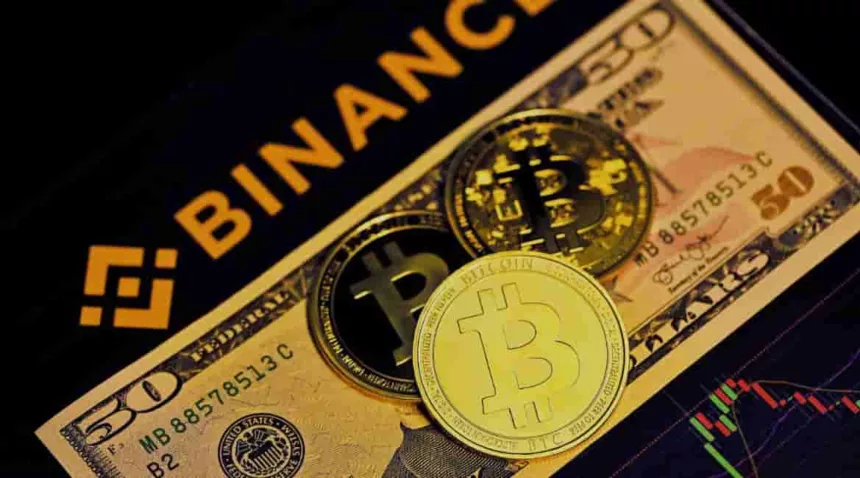Binance’s chief, Changpeng Zhao, has stepped down and admitted guilt in violating U.S. anti-money laundering laws. This comes as part of a substantial $4.3 billion settlement to resolve a lengthy investigation into the world’s largest cryptocurrency exchange. The prosecutors announced on Tuesday that Zhao will personally pay $50 million in one of the most substantial corporate penalties in U.S. history.
The charges against Binance include breaking U.S. anti-money laundering and sanctions laws, failure to report over 100,000 suspicious transactions with organizations designated as terrorist groups, such as Hamas, al Qaeda, and the Islamic State of Iraq and Syria. Additionally, Binance did not report transactions involving websites dedicated to selling child sexual abuse materials and was a major recipient of ransomware proceeds.
U.S. Attorney General Merrick Garland stated that “Binance made it easy for criminals to move their stolen funds and illicit proceeds on its exchanges” and accused the exchange of pretending to comply with federal law.
As part of the settlement, Binance will pay $1.81 billion within 15 months and an additional $2.51 billion forfeiture. Zhao, a billionaire born in China, pleaded guilty in a Seattle court, and in his social media post, he announced his resignation as CEO. Richard Teng, a longstanding Binance executive, will take over.
While the fine is substantial, legal experts suggest it appears manageable for Binance. Zhao, despite stepping down, retains his stake in the company, raising questions about his potential influence. The deal has allowed Binance to address historical compliance violations and move forward under new leadership.
Vanderbilt University law professor Yesha Yadav commented that the resolution seems designed to give Binance a chance to continue operating while removing Zhao as a figurehead. Despite the seriousness of the violations, Zhao, with a net worth of $10.2 billion, seems to have come out of this with significant wealth intact and ownership of Binance retained.










